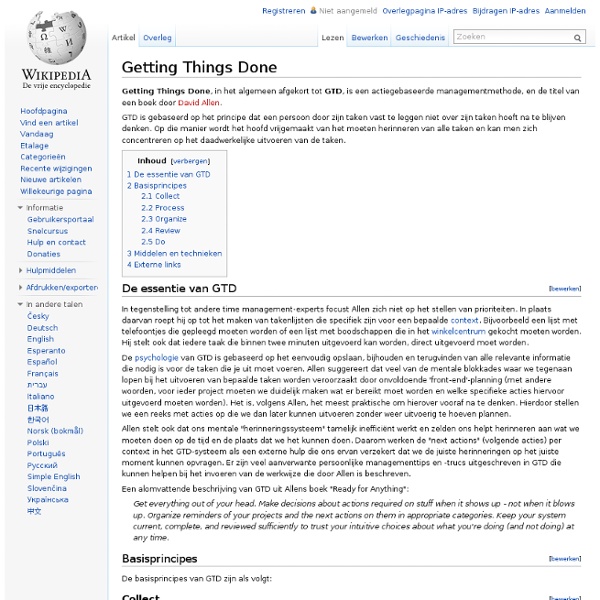Getting Things Done

Business and Financial News
Energy Zappers
In today's 24/7 world, where time and energy have literally become precious commodities, the last thing high octane women need are things that reduce both. But a lot of the habits we've developed, some of which we do under the guise of "saving time," actually end up draining our energy and wasting our time. What are these terrible thieves that steal our limited resources? Some of them may actually surprise you. 1) - No doubt, the way we dress can have a powerful impact on how we're viewed by others, and even the way we view ourselves. Wear stylish, yet comfortable clothing, and remind yourself to breathe deeply throughout your day, especially when you're feeling stressed. 2) - There's a reason why women laugh out loud when Robin Williams, in the role of Mrs. Wear comfortable dress shoes on regular days and save the high heels for those special, limited-time engagements. 3) - That's right. At a minimum, take a few minutes each day to straighten up your desk.
How To Concentrate
"Concentration is the Most Important Intellectual Habit of Man." Not one person in ten thousand can really concentrate. Some realize that they do not know how—others drift along the line of least resistance and let their minds vegetate, apparently never suspecting their weakness or realizing that they are an utter failure at concentration. To Cori-centre—bringing all your mental force and faculties to bear steadily on a given center with-out deviation from that exact point—whipping into line all wandering fancies—stray ideas or thoughts that go off on a tangent—to hold steadily all your power on the central thing under consideration without an instant of wavering—that is Concentration. This ONE THING I Do A difficult thing to do, and very few minds can do it. These aids will do more than help you to follow a memory course; they deal with your daily work. It may seem paradoxical that the first aid to better concentration refers to relaxation. Six puppies were playing in the barn.
General Terms and Conditions - Numius
Thank you for your interest in Deloitte. Unfortunately, the page you have selected cannot be found. If you received this error when you clicked on a URL from another web site, please inform the web site manager that the URL is incorrect or no longer valid. If you received this error when you click on a URL from our web site, please contact us to report the problem. Please include the URL of the web page that contained the hyperlink with this incorrect URL. If you entered the URL manually, please check the URL to ensure that the path is correct. You can return to the homepage, or search the site using the search bar.
PocketMod: The Free Recyclable Personal Organizer
Related:
Related:



